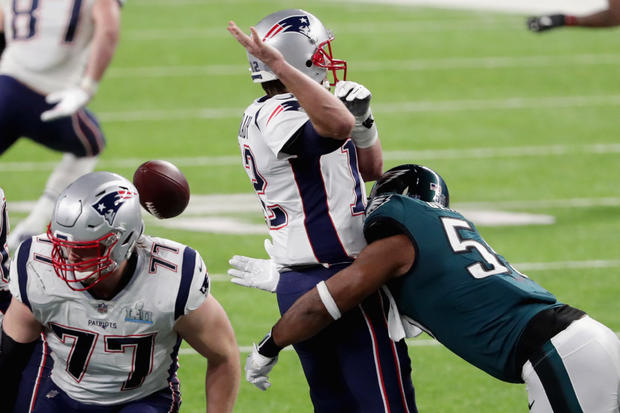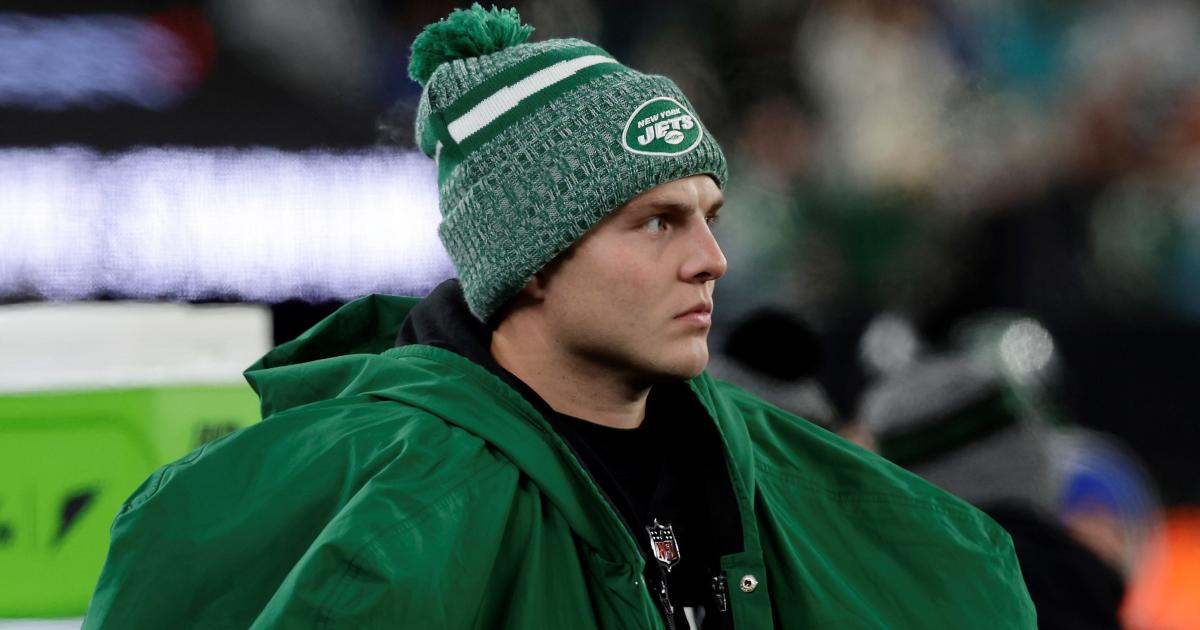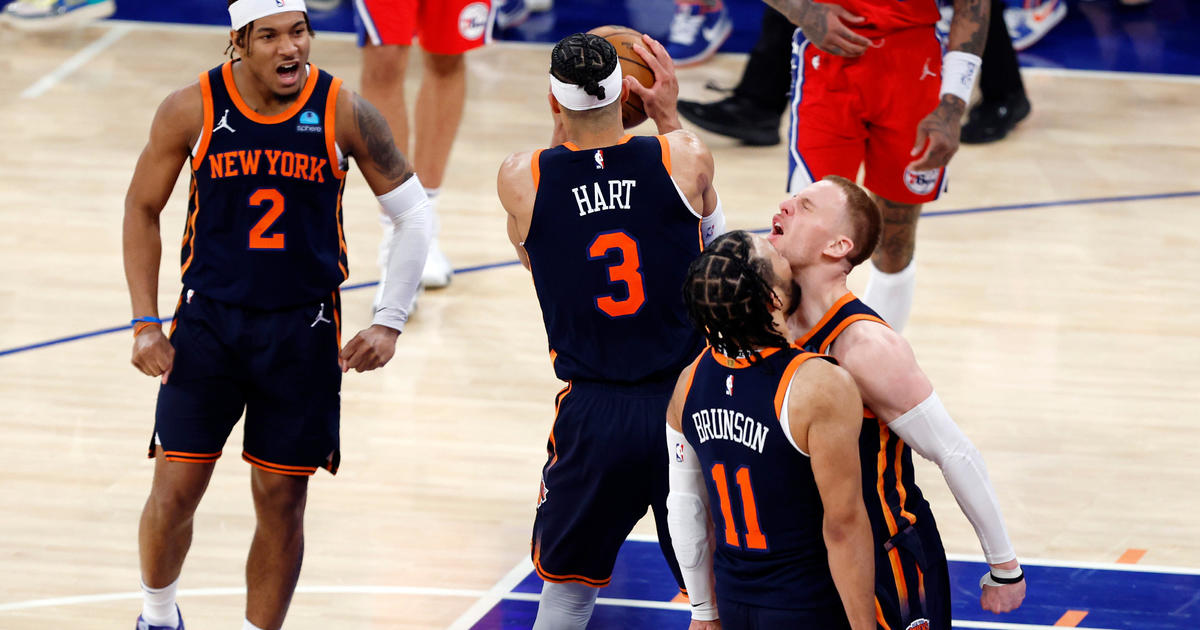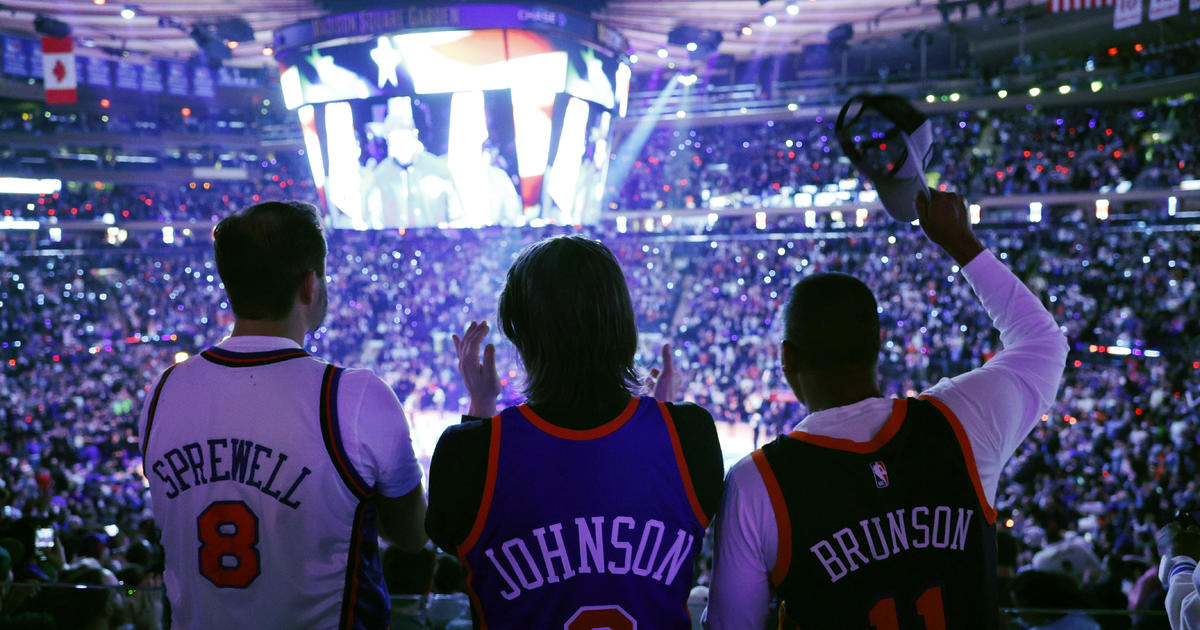Silverman: Pressure Defense May Be More Important Than A Franchise QB
By Steve Silverman
» More Columns
Pressure is the defining aspect to playing in the NFL.
There's a certain amount that comes with putting a team together, and any general manager worth his salt -- or his salary -- knows that it's imperative to find a quarterback at one point or another if that team is to have championship aspirations.
But finding the quarterback, developing him and then having him remain healthy is a crapshoot. The Philadelphia Eagles found their man in the 2016 draft when they made the smart move of selecting Carson Wentz with the second overall pick. Perhaps there was some trepidation about Wentz's background at North Dakota State, but ultimately the Eagles swallowed hard and selected him.
After a promising rookie year, Wentz took off in 2017, turning into a fully developed NFL quarterback and a legitimate MVP candidate by Week 14.
And that's when it happened. Wentz tore an ACL in a game against the Los Angeles Rams and his season was over. Most thought the same thing would happen to the Eagles.
How would they be able to do anything without their most indispensable offensive player?
Well, the Eagles were never a one-man team in 2017, and they proved that during the postseason. Nick Foles was adequate at quarterback in the win over the Atlanta Falcons and spectacular against the Minnesota Vikings in the NFC title game and two weeks later against the New England Patriots in Super Bowl LII.
But the Eagles didn't beat the Falcons and Vikings just because their backup quarterback did a nice job. They also put pressure on the QBs they faced, namely Atlanta's Matt Ryan and Minnesota's Case Keenum.
The pressure-oriented Philadelphia defense didn't do much against New England in the Super Bowl -- until the late stages of the fourth quarter. That's when Brandon Graham forced a Tom Brady fumble and Derek Barnett recovered for the Eagles, giving them the ball with 2:16 remaining and a 41-33 lead.
That turned out to be the final score. The Eagles came through with pressure at the proper moment and won the Super Bowl for the first time in team history.
Pressure from the defensive front may be a more secure way of turning a team into a winner than finding that franchise quarterback.
The Eagles didn't have their star when it mattered most, but they had a defense that could make things very uncomfortable for their opponents' best players.
Philadelphia recorded 291 pressures during the regular season, according to NFL.com, with Graham registering 47. Any time a pass rusher can get within two yards of a quarterback before the ball is released, that's significant pressure. It forces the signal-caller, regardless of his ability, to alter his delivery, quicken up his release or absorb a hit. That leads to incomplete passes and turnovers -- the types of things that turn games around.
The Eagles were joined by the Redskins, Seahawks, Rams and Jaguars as the teams that put the most consistent pressure on quarterbacks. Philadelphia was clearly a surprise team in 2017, as was playoff-bound Los Angeles and Jacksonville. But all three got that combination of fine QB play and aggressive defense up front and that resulted in a playoff berth for each.
The Redskins had 269 pressures, largely from Ryan Kerrigan and Preston Smith. However, they could not stop the run and they couldn't run the ball on offense.
The Seahawks had adequate numbers in most areas besides their own running game, but lacked consistency. That's why they didn't make the playoffs despite having 261 pressures, led by Michael Bennett's 59.
There were games they looked like the old Seahawks, particularly when they beat the Eagles 24-10 in Week 13, but they were beaten by the Jaguars and Rams in their next two games.
The Rams built their defense around Defensive Player of the Year Aaron Donald, who was a big reason why Los Angeles had 260 QB pressures.
The Jaguars were spectacular on defense most of the season, with the combination of Calais Campbell and Yannick Ngakoue helping them accumulate 248 pressures.
Putting pressure on the opposing quarterback is not a guarantee of success, but building that type of defense may help a team get better faster than any other way.
Finding a legitimate quarterback can be a crapshoot, but a consistent pass rush can give a team a chance to win every week.
Follow Steve on Twitter at @Profootballboy




